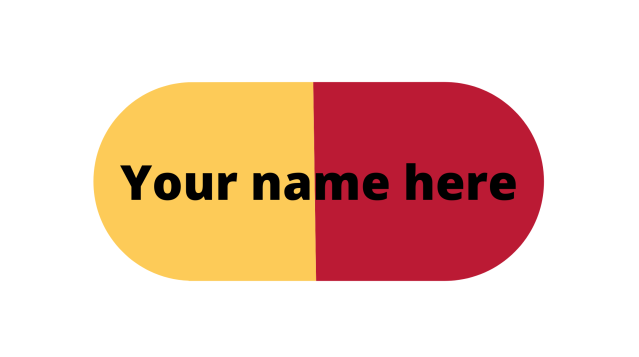Every cancer patient essentially has a unique genetic disease. While certain key ‘driver’ mutations in genes such as TP53 and KRAS are almost always present, many other ‘passenger’ mutations are collected as tumours evolve that shape their genetic footprint.
These collections of mutations can lead to good or bad patient responses to treatment. Personalised cancer medicine aims to push a greater number of responses into the “good” category by using the genetic information from patient tumours to inform treatment choices. This strategy is already being used with some breast cancer drugs, such as Herceptin (Roche), where only ~30% of patient tumours express the right Her2 receptor target.
Whole exome sequencing (WES) is a computer-based method that catalogues patient tumour exomes – the part of their genetic information that gets translated into proteins. Yet WES has not been used extensively in the clinical setting.
Now, a team of researchers at Harvard Medical School, USA, have developed a clinical algorithm that translates the massive datasets generated by whole exome sequencing of tumour biopsies into a useful patient treatment plan. The algorithm is based on 121 target genes with potential relevance to tumour biology and clinical outcomes.
 After applying this algorithm across archived tumour biopsies from 511 patients, the team identified genetic alterations in their 121 target genes in 80% of patients. In a mini study to test the clinical utility of this approach, they generated personalised tumour genetic profiles for 16 cancer patients within 16 days, and used this information to siphon patients with certain exome mutations into matched clinical trials testing genetically complementary therapies. For example, one patient with metastatic lung adenocarcinoma exhibiting a KRAS-activating mutation (A146V) was enrolled in a phase I clinical trial of the CDK4 inhibitor, LY2835219 (preclinical data suggests a lethal relationship between activated KRAS and CDK4). This led to stable disease; the patient’s best and only clinical response to any cancer therapy.
After applying this algorithm across archived tumour biopsies from 511 patients, the team identified genetic alterations in their 121 target genes in 80% of patients. In a mini study to test the clinical utility of this approach, they generated personalised tumour genetic profiles for 16 cancer patients within 16 days, and used this information to siphon patients with certain exome mutations into matched clinical trials testing genetically complementary therapies. For example, one patient with metastatic lung adenocarcinoma exhibiting a KRAS-activating mutation (A146V) was enrolled in a phase I clinical trial of the CDK4 inhibitor, LY2835219 (preclinical data suggests a lethal relationship between activated KRAS and CDK4). This led to stable disease; the patient’s best and only clinical response to any cancer therapy.
Image credit: Swift Science Writing.
Repost from the Stojdl Lab blog.




